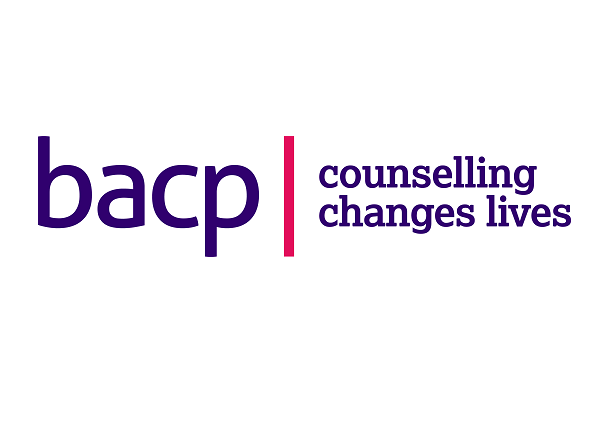
Relationship & Interpersonal Therapy in Wimbledon, Queens Park & Online
Caught in the same fight with a partner or friend?
Tied in knots with a manager or colleague?
Navigating divorce, separation or co-parenting and feeling alone with it?
Relationship & Interpersonal Issues: When connection turns complicated
Problems between people do not stay in one corner of life. They show up at home, at work, with family, with friends and in the spaces in between. You might find yourself pursuing then withdrawing, fixing then resenting, pleasing then exploding. Maybe you shut down to keep the peace or take on more than is fair. The pattern repeats across partners, friendships, teams, and projects, and you are tired of it.
All at The Village Clinic we understand that these struggles often overlap with anxiety and depression or appear during periods of burnout, when the nervous system is already stretched thin. If you’re wondering what to expect before starting, see our Fees and learn how to begin with our Getting Started guide.
In plain terms:
Interpersonal difficulties are not only about the other person. They are about how your history, expectations and nervous system meet theirs. A text can feel like a threat. A meeting can feel like a test. Old stories about being too much or not enough get triggered and conversations spiral.
Typical signs include:
- Arguments that recycle despite good intentions
- People-pleasing, resentment or keeping score
- Walking on eggshells or stonewalling to avoid conflict
- Oversharing, overexplaining or going silent
- Struggling to set or hold boundaries at home or at work
- Choosing familiar but painful dynamics across relationships
- Loneliness inside a relationship, or fear of trusting new ones
- Work stress driven by unclear roles, power dynamics or team conflict
Questions first? See our FAQs
Our integrative relational work is guided by Veronika Kloucek, Clinical Director and UKCP & BACP Senior Accredited Psychotherapist, ensuring therapy is grounded in clinical experience and authentic human care.
Interpersonal & Relationship Therapy That Goes Deeper
Good relationships support wellbeing. Difficult ones drain it. Therapy gives you a steady place to map what happens between you and others, practise different responses and rebuild confidence (NHS, Relate). We work with individuals on personal and professional relationships.

Therapy Provides Space To:
- Map your pattern across contexts: pursue/withdraw, fix/resent, please/explode, or shut down
- Listen for the emotional need underlying criticism, anger or silence
- Build boundaries that hold without guilt, revenge or second-guessing
- Communicate for repair, not just to win the point
- Choose differently so the next chapter is not a repeat of the last
- Navigate change such as breakup, divorce, separation or co-parenting with steadiness
- Work dilemmas with managers, colleagues or co-founders where roles and power matter
- Include context such as culture, family responsibilities and neurodiversity
Our approach
We work relationally and integratively. There is no script. Together we will:
- Slow things down so triggers can be noticed before they run the show
- Trace how earlier experiences shape current expectations and fears
- Work with the body as well as words so your system can stand down
- Rehearse clearer requests, limits and repairs you can use outside sessions
- Keep changes small and workable, aligned with your values and constraints
Your Questions, Answered
Yes. We can unpack roles, power dynamics and communication styles, and build approaches for tough conversations and boundaries.
We work with individuals on their relationship patterns. If you need couples counselling, we can suggest specialist services.
Therapy isn’t only for people in relationships. We often begin with the relationship you have with yourself and how it shapes the way you connect with others – at work and in private settings.
The end of a relationship can be deeply painful. Therapy gives you space to process the loss, understand what the relationship meant to you, and begin to find a way forward.
Commitment struggles are common. Therapy helps you explore what long-term bonds mean for you and supports you in making choices about relationships that feel freer and more authentic.
Therapy can help you steady, grieve what is changing, and plan clear communication and boundaries that protect you and your children.
You don’t need perfect words to begin. We’ll start with what’s present: sensations, images, fragments of thought.
Sometimes feelings intensify as we pay attention to them. We’ll go at a pace that feels safe and adjust when needed.

Evidence and Further Reading
- Read our Article: Lonely in Love
- Read our Article: To Risk or Not to Risk
- Read our Article: Left Behind
Ready to Start Your Journey?
Learn what a first session looks like and how we can help you.




